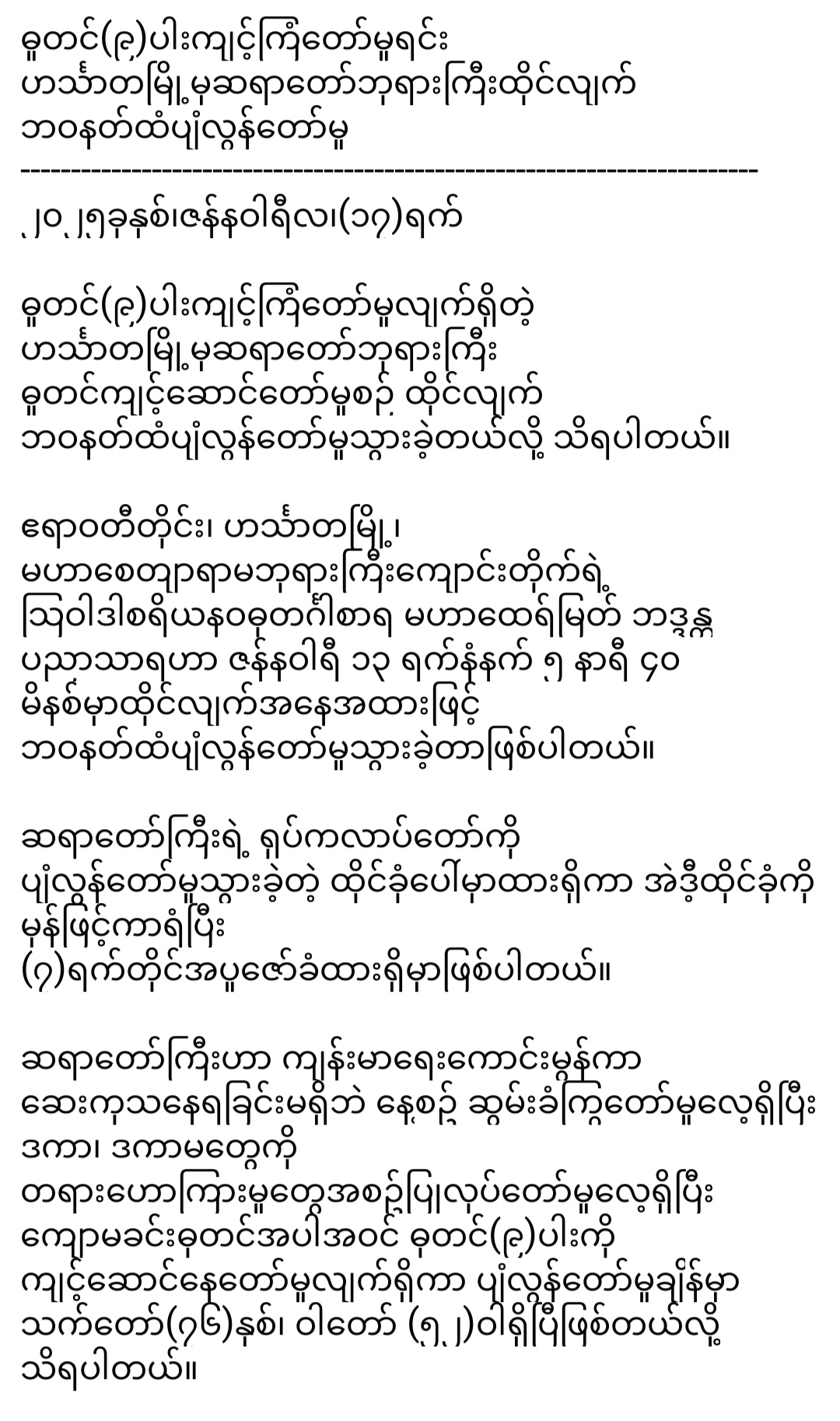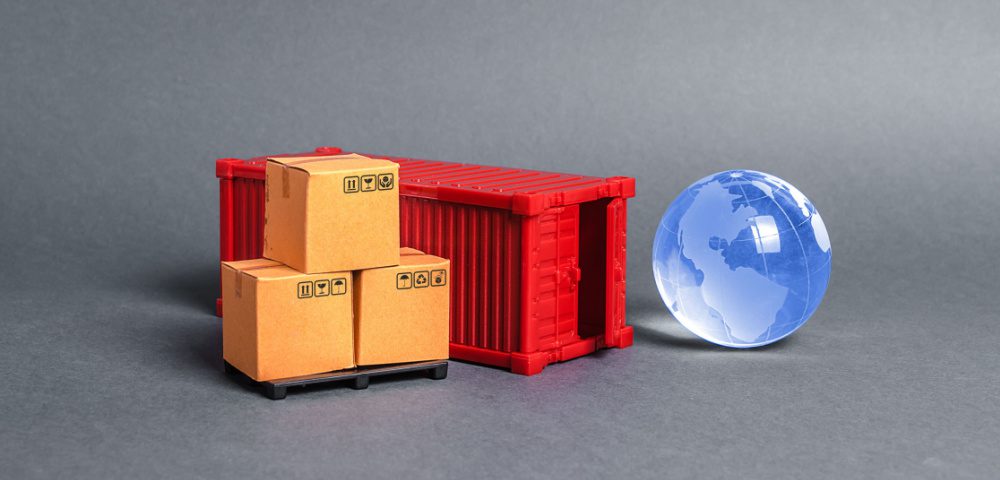
Tonga’s Main Imported Goods
Tonga, a Pacific island nation, relies heavily on imports to meet the needs of its population due to its limited domestic production capacity. The country’s geographical isolation and small economy make it dependent on imported goods for food, energy, manufactured items, and other essentials. Below is an overview of Tonga’s main imported goods.
1. Food and Beverages
A significant portion of Tonga’s imports consists of food and beverages. The country depends on imported staple items like rice, wheat flour, canned meats, and dairy products. Tonga’s limited agricultural production means that many processed and packaged foods are brought in from countries such as New Zealand, Australia, and Fiji. Beverages, including soft drinks, bottled water, and alcoholic drinks, are also key imports to satisfy domestic demand.
2. Fuels and Energy
Tonga imports nearly all of its energy needs in the form of petroleum products, including diesel, petrol, and kerosene. These fuels are essential for electricity generation, transportation, and industrial use. The heavy reliance on imported fossil fuels has driven Tonga to explore renewable energy solutions in recent years to reduce its energy dependency and environmental impact.
3. Machinery and Equipment
Machinery and mechanical appliances are critical imports for Tonga’s development. This category includes agricultural machinery, construction equipment, and household appliances. The influx of technology supports infrastructure projects, agricultural activities, and the modernization of homes and businesses. Imported vehicles, such as cars, trucks, and boats, are also included in this category, with Japan and New Zealand serving as primary suppliers.
4. Manufactured Goods
Tonga imports a wide range of manufactured goods, including textiles, clothing, footwear, and building materials. Consumer electronics like smartphones, televisions, and computers are also in high demand. These goods are often sourced from Asian markets like China and Australia due to their affordability and accessibility.
5. Medical Supplies and Pharmaceuticals
The health sector in Tonga relies heavily on imported medical equipment and pharmaceuticals. Essential items include vaccines, antibiotics, diagnostic tools, and hospital equipment. These goods are critical for maintaining public health and are often sourced from countries with advanced pharmaceutical industries, such as Australia, New Zealand, and the United States.
6. Chemicals
Tonga imports various chemical products, including fertilizers, cleaning agents, and industrial chemicals. These are vital for agriculture, household use, and small-scale industries. Fertilizers are especially important for enhancing agricultural productivity in Tonga’s nutrient-depleted soils.
7. Raw Materials and Intermediate Goods
Raw materials like timber, metals, and plastics are imported to support Tonga’s limited manufacturing and construction sectors. These materials are essential for building infrastructure, producing local handicrafts, and small-scale industrial operations.
Trade Partners
Tonga’s main import partners include New Zealand, Australia, China, and the United States. These nations provide a vast majority of the goods and services Tonga depends on. Regional trade agreements and the Pacific’s logistical networks facilitate the movement of these imports.
Conclusion
Tonga’s economy is deeply reliant on imported goods to sustain its population and industries. The country’s imports span essential categories such as food, energy, machinery, and medical supplies, highlighting its dependency on global trade. As Tonga continues to develop, efforts to diversify its economy and increase local production, alongside adopting sustainable practices, may help reduce its reliance on imports in the long term.




Leave a Reply